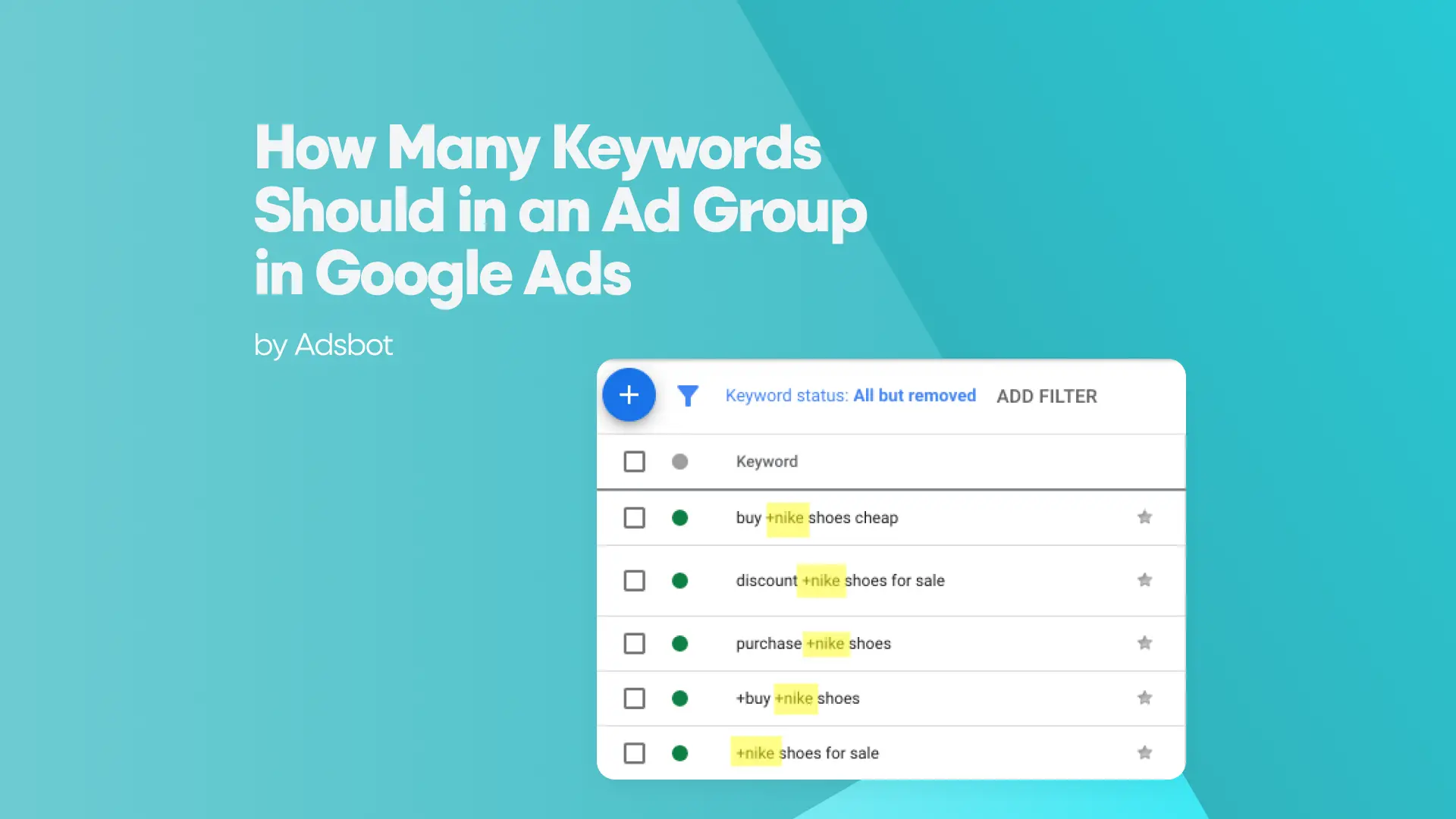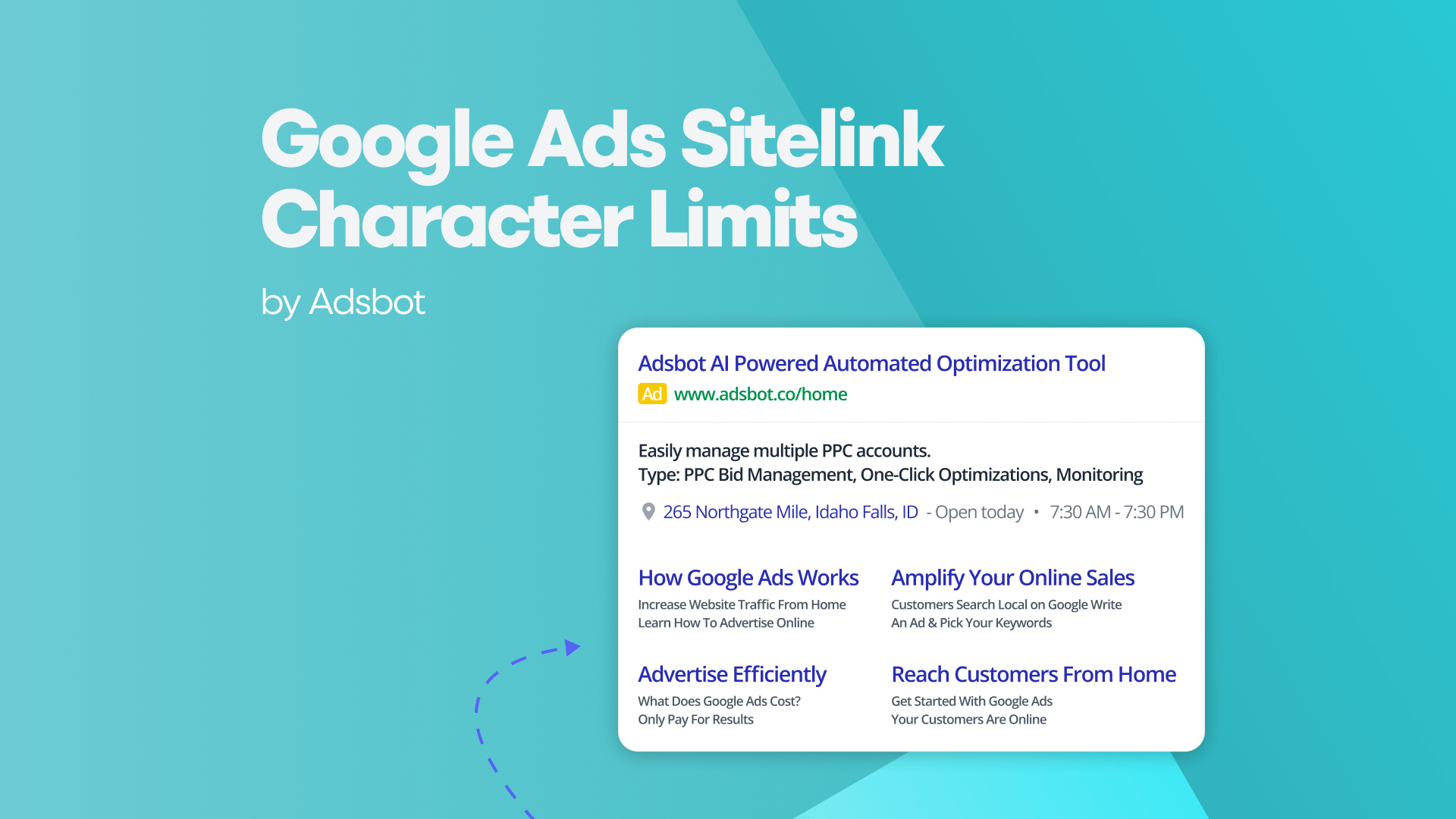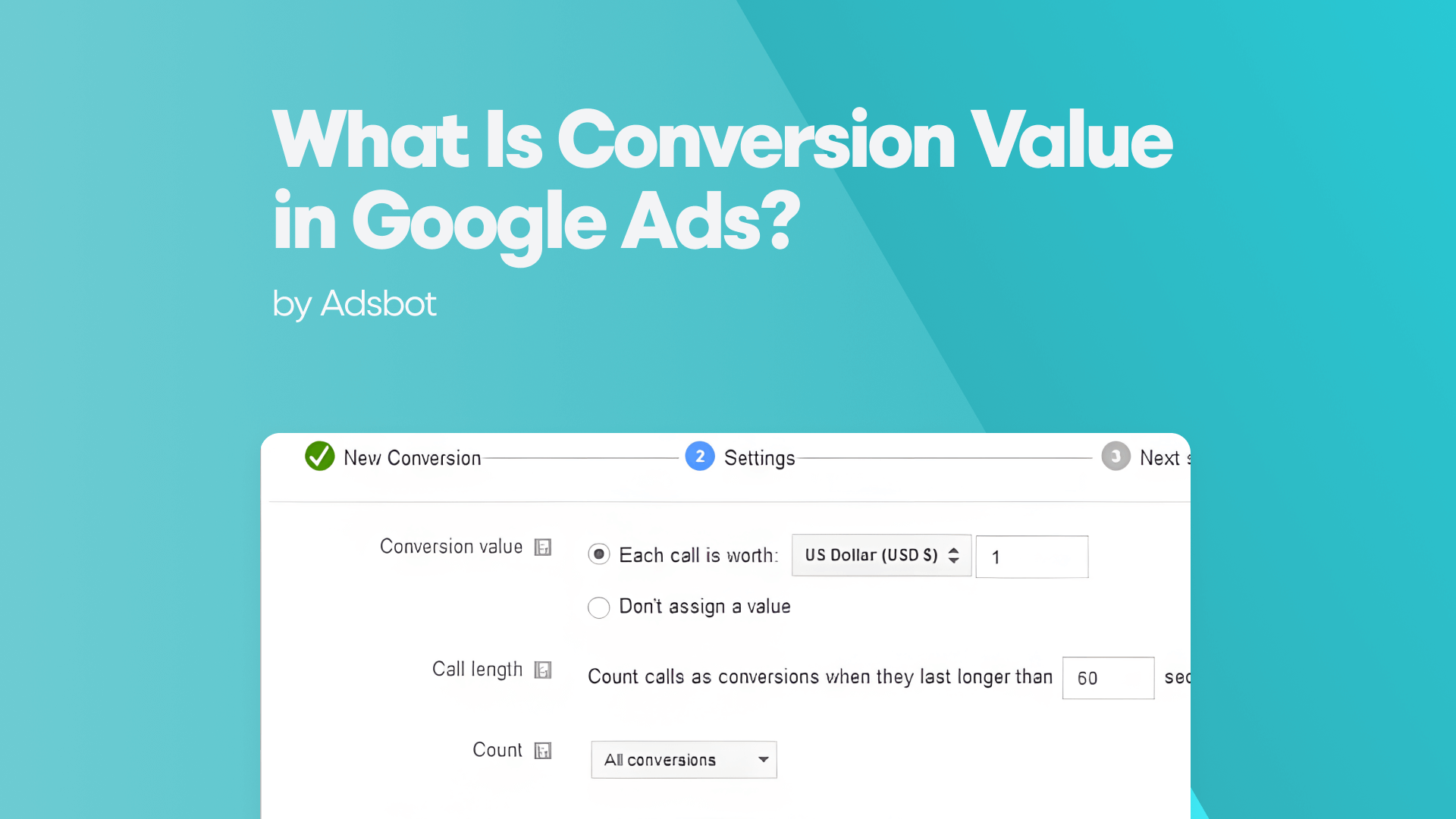Product feed optimization tools are software applications that help online retailers and marketers to create and optimize product feeds for advertising and selling their products on different e-commerce platforms, such as Google Shopping, Amazon, and Facebook. These tools help to ensure that product information is accurate, consistent, and up-to-date.
What Is a Product Data Feed?
Product feed optimization tools are software applications that help online retailers and marketers to create and optimize product feeds for advertising and selling their products on different e-commerce platforms, such as Google Shopping, Amazon, and Facebook. These tools help to ensure that product information is accurate, consistent, and up-to-date.
Why Do You Need Feed Optimization?
Product feed optimization is essential for online retailers and marketers to ensure that their products are visible, competitive, and attractive to potential customers. Here are some of the key reasons why you need feed optimization:
- Improve Visibility: Product feed optimization helps to improve the visibility of your products on e-commerce platforms, such as Google Shopping, Amazon, and Facebook. By optimizing your product feeds, you can increase the chances of your products appearing in relevant search results and product listings, making it easier for customers to find and purchase your products.
- Increase Click-through Rates: Product feed optimization can help to improve the click-through rates (CTR) of your products by making them more attractive and compelling to potential customers. By optimizing your product titles, descriptions, and images, you can create more informative and engaging product listings that are more likely to attract clicks and conversions.
- Boost Conversions: Product feed optimization can also help to boost your conversion rates by making your products more competitive and appealing to potential customers. By optimizing your pricing, reviews and product information, you can build trust and confidence with potential customers, making them more likely to make a purchase.
- Stay Competitive: Product feed optimization is essential for staying competitive in the e-commerce market. By keeping your product feeds up-to-date, accurate, and relevant, you can ensure that your products are competitive with those of other retailers and marketers, which is critical in today’s crow
5 Top Product Feed Optimization Tools You Should Have in 2023
The following tools are exceptional assistance for those unfamiliar with the confusing ranking systems for visibility, category mapping, presenting an excessive product catalog in constant change, and retailers interested in executing a multichannel strategy. In addition, the tools can template according to diverse platforms, whereas they also import and export new product feeds up to recent shifts. Pretty impressive, right? We thought so.
Feedonomics
Feedonomics is a cloud-based product feed optimization platform that helps online retailers and marketers to create, optimize, and manage their product feeds for more than 100 e-commerce channels, including Google Shopping, Amazon, and Facebook. The platform uses advanced technology, including machine learning and AI, to automate the process of optimizing product feeds, ensuring that product information is accurate, consistent, and up-to-date.
Feedonomics offers a wide range of features and functionalities, including feed optimization, feed management, and feed automation. The platform supports various data formats, including CSV, XML, and JSON, and offers a customizable data mapping tool that allows users to map their product data to the requirements of different e-commerce channels
Pros of Feedonomics:
- Comprehensive feature set: Offers a wide range of features and functionalities, including feed optimization, feed management, and feed automation, making it a comprehensive platform for managing product feeds across multiple e-commerce channels.
- Easy-to-use interface: The platform has an intuitive user interface that is easy to use, even for non-technical users. The customizable data mapping tool also makes it easy to map product data to the requirements of different e-commerce channels.
- Advanced technology: Uses advanced technology, including machine learning and AI, to automate the process of optimizing product feeds, which can save time and resources for online retailers and marketers.
- Real-time reporting and analytics: The platform provides real-time reporting and analytics, allowing users to track their performance metrics across different e-commerce channels, which can help them to make data-driven decisions.
Cons of Feedonomics:
- Price: It is a premium product feed optimization platform, and the cost may be prohibitive for some small businesses and startups.
- Learning curve: While the user interface is easy to use, there is still a learning curve to get the most out of the platform, particularly when it comes to the more advanced features.
- Integration limitations: While Feedonomics offers integrations with a wide range of e-commerce platforms, there may still be limitations in terms of which platforms it can integrate with, which may be a concern for some businesses.
- Support limitations: While the platform offers customer support, there may be limitations in terms of the level of support available, particularly for smaller businesses on lower-tier plans.
DataFeedWatch
DataFeedWatch is a cloud-based product feed optimization platform that helps online retailers and marketers to optimize and manage their product feeds for more than 1,000 e-commerce channels, including Google Shopping, Amazon, and Facebook. The platform provides users with a user-friendly interface and offers features such as feed optimization, feed management, and customizable rules and transformations for product data.
Pros of Datafeedtwatch:
- User-friendly interface: Has a user-friendly interface that makes it easy for retailers and marketers to create and optimize product feeds.
- Support for multiple channels: Supports more than 1,000 e-commerce channels, making it a versatile tool for retailers and marketers who sell on multiple platforms.
- Customizable rules: The tool allows users to create custom rules and transformations for their product data, making it easy to optimize product feeds for specific channels.
- Performance analytics: DataFeedWatch provides performance analytics, allowing users to track the performance of their product feeds across different channels.
- Multi-user access: The tool allows multiple users to collaborate on product feeds, making it easy to manage and optimize feeds with a team.
Cons of Datafeedtwatch
- Cost: DataFeedWatch can be expensive, particularly for small businesses and startups.
- Learning curve: While the tool is user-friendly, there can still be a learning curve to get the most out of its features.
- Limited reporting: While DataFeedWatch provides performance analytics, the reporting capabilities can be limited compared to some other product feed optimization tools.
- Limited support: Some users have reported that the level of support provided by DataFeedWatch can be limited, particularly for smaller businesses on lower-tier plans.
- No automation: DataFeedWatch does not offer automation features like some other product feed optimization tools, which may be a concern for some retailers and marketers.
Channable:
Channable is a cloud-based data feed management and optimization platform that helps online retailers and marketers to manage and optimize their product feeds for various e-commerce channels, including Google Shopping, Amazon, and Facebook. The platform allows users to import their product data from various sources, including CSV, XML, and JSON, and offers features such as data mapping, feed optimization, and analytics.
Pros of Channable:
- User-friendly interface: Has a user-friendly interface that makes it easy for retailers and marketers to manage and optimize their product feeds for various e-commerce channels.
- Supports multiple channels: supports multiple e-commerce channels, including Google Shopping, Amazon, and Facebook, making it a versatile tool for online retailers and marketers who sell on multiple platforms.
- Customizable rules: The tool allows users to create custom rules and transformations for their product data to optimize them for specific e-commerce channels.
- Supports various data formats: Supports various data formats, including CSV, XML, and JSON, making it easy for users to import their product data from different sources.
- Advanced reporting: Provides real-time reporting and analytics, allowing users to track their performance metrics across different channels and make data-driven decisions to optimize their product feeds.
- Great customer support: The platform provides great customer support, offering various resources and support options, including a knowledge base, chat support, and email support.
Cons of Channable:
- Cost: Channable can be expensive, particularly for small businesses and startups.
- Learning curve: While the platform is user-friendly, there can still be a learning curve to get the most out of its features.
- Limited integrations: While Channable supports multiple e-commerce channels, there may be limitations in terms of integrations with other tools and services.
WakeUpData
WakeUpData is a cloud-based product feed optimization platform that helps online retailers and marketers to manage and optimize their product feeds for various e-commerce channels,.
Pros of Wakeupdata
- Data transformation engine: WakeUpData offers a powerful data transformation engine that allows users to modify their product data based on various rules and conditions, making it easier to optimize product feeds for specific e-commerce channels.
- Versatile features: WakeUpData offers a wide range of features and functionalities, including data mapping, feed optimization, and analytics, making it a comprehensive platform for managing product feeds across multiple e-commerce channels.
- User-friendly interface: WakeUpData has a user-friendly interface that makes it easy for retailers and marketers to manage and optimize their product feeds, even for non-technical users.
Cons of Wakeupdate:
- Cost: WakeUpData can be expensive, particularly for small businesses and startups.
- Learning curve: While the platform is user-friendly, there can still be a learning curve to get the most out of its features, particularly when it comes to the more advanced features.
- Limited integrations: While WakeUpData supports multiple e-commerce channels, there may be limitations in terms of integrations with other tools and services, which may be a concern for some businesses.
Adsbot
Our high experience in marketing, observation of the latest technologies, and game-changer perspective bring a whole new approach to orthodox revenues. Adsbot’s inner circle consists of visionary and solution-oriented teammates dedicated to presenting the merit to be your marketing specialist, click-through booster, campaign analyst, and budget manager. One account to rule them all!
Furthermore, we consult more than 100 customers from different backgrounds and value genuine, transparent, and responsive customer relationships as a noteworthy part of our work. You can contact our professional customer support team 24/7/365 to ask anything you want to discover about our benefits. Feel free to try our 14-day free trial to shape your opinion.
We have developed a state-of-art product feed optimization tool to save you priceless time. Therefore, we can scale your campaign proficiently while you focus on enhancing your company. Working as a great, harmonious team, we can carry your hard-won triumph to the next level beyond your expectations.
Is It Worth Using a Product Feed Optimization Tool?
All in all, choosing an operative and ingenious product feed optimization tool can be a lifesaver for vendors who desire to boost their clicks. Since feeds are an influential advertisement element, it is definitely worth investing in a tool to optimize your campaigns. These miraculous services have the prospect of creating traffic driven to your eCommerce and increasing your profit through the ceiling.
Popular Posts
-
How Many Keywords Should Be In an Ad Group in Google Ads?
Ever wondered if your Google Ads campaigns are packed with…
Read more -
Google Ads Script for Dummies: An Introduction
Imagine you have an e-commerce website that sells licensed superhero…
Read more -
Google Ads Sitelink Character Limits
Your Google Ads are cutting off in the middle of…
Read more -
What Is Conversion Value in Google Ads?
What if you could put a price tag on every…
Read more
Register for our Free 14-day Trial now!
No credit card required, cancel anytime.





